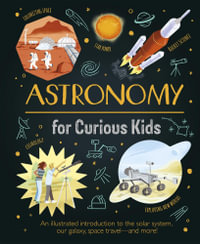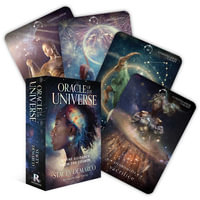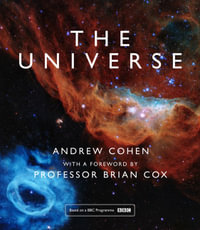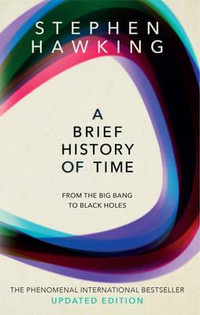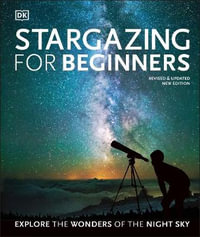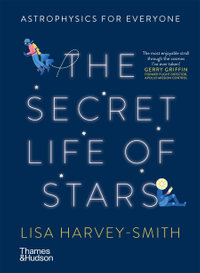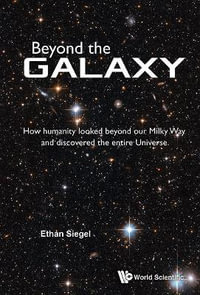Maintaining its appealing style and presentation, the Yearbook of Astronomy 2021 contains comprehensive jargon-free monthly sky notes and an authoritative set of sky charts to enable backyard astronomers and sky gazers everywhere to plan their viewing of the year's eclipses, comets, meteor showers, and minor planets as well as detailing the phases of the moon and visibility and locations of the planets throughout the year. To supplement all this is a variety of entertaining and informative articles, a feature for which the Yearbook of Astronomy is known. In the 2021 edition the reader is presented with articles covering a wide range of topics including Male Family Mentors for Women in Astronomy, Henrietta Swan Leavitt and Her Work, Solar Observing, Obsolete Constellations, Lunar Volcanism, Pages From the Past: Collecting Vintage Astronomy Books, Maori Astronomy in Aotearoa-New Zealand and others.
In addition to the above is the first in a series of articles entitled "Mission to Mars: Countdown to Building a Brave New World" scheduled to appear in the Yearbook of Astronomy throughout the 2020s. These articles will keep the reader fully up to date with the ongoing investigations, research and preparations that are already underway, as well as those in the planning phase, all of which are geared towards sending a manned mission to Mars at or around the end of the decade. We are at the start of what promises to be an exciting journey.
The Yearbook of Astronomy made its first appearance way back in 1962, shortly after the dawning of the Space Age. Now well into its sixth decade of production, the Yearbook is rapidly heading for its Diamond Jubilee edition in 2022. It continues to be essential reading for anyone lured and fascinated by the magic of astronomy and who has a desire to extend their knowledge of the Universe and the wonders it hosts. The Yearbook of Astronomy is indeed an inspiration to amateur and professional astronomers alike, and warrants a place on the bookshelves of all stargazers and watchers of the Universe.Maintaining its appealing style and presentation, the Yearbook of Astronomy 2021 contains comprehensive jargon-free monthly sky notes and an authoritative set of sky charts to enable backyard astronomers and sky gazers everywhere to plan their viewing of the year's eclipses, comets, meteor showers, and minor planets as well as detailing the...
About the Author
Brian Jones hails from Bradford in the West Riding of Yorkshire and was a founding member of the Bradford Astronomical Society. He developed a fascination for astronomy at the age of five when he first saw the stars through a pair of binoculars, and his interest took him into the realms of writing sky guides for local newspapers; appearing on local radio and television; teaching astronomy and space in schools and; in 1985, becoming a full time astronomy and space writer. He has penned numerous books which have covered a range of astronomy and space-related topics for both children and adults. His passion for bringing an appreciation of the universe to his readers is reflected in his writing.
Industry Reviews
"As founder of the Zanesville Astronomy Club, a NASA Night Sky Affiliate, I would like to thank editor Brian Jones for putting together the perfect book for me and other NSN international coordinators to use in providing information to members during events. The astronomy resources and data compiled within the book will save me countless hours trying to obtain the data through numerous other sources when writing the monthly newsletter. I especially appreciate the information entered for each month in addition to the sections of Lunar & Solar Eclipses, Moon phases, Meteor Showers and Comets. The excellent Monthly Star Charts will make it easy for every event participant to know what's in their night sky. Lines connecting stars within the constellations on the Star Charts are quite fine and may be difficult to see at night. Having sections with Right Ascension and Declination of Double Stars, Clusters, Nebulae and Galaxies will make them easy to find. I will recommend this resource book to the 300+ members of our local organization. It will be with me every meeting and used often during 2021. East to read and well organized, I highly recommended this book for anyone interested in learning more about the night sky."
--Irene Baron

